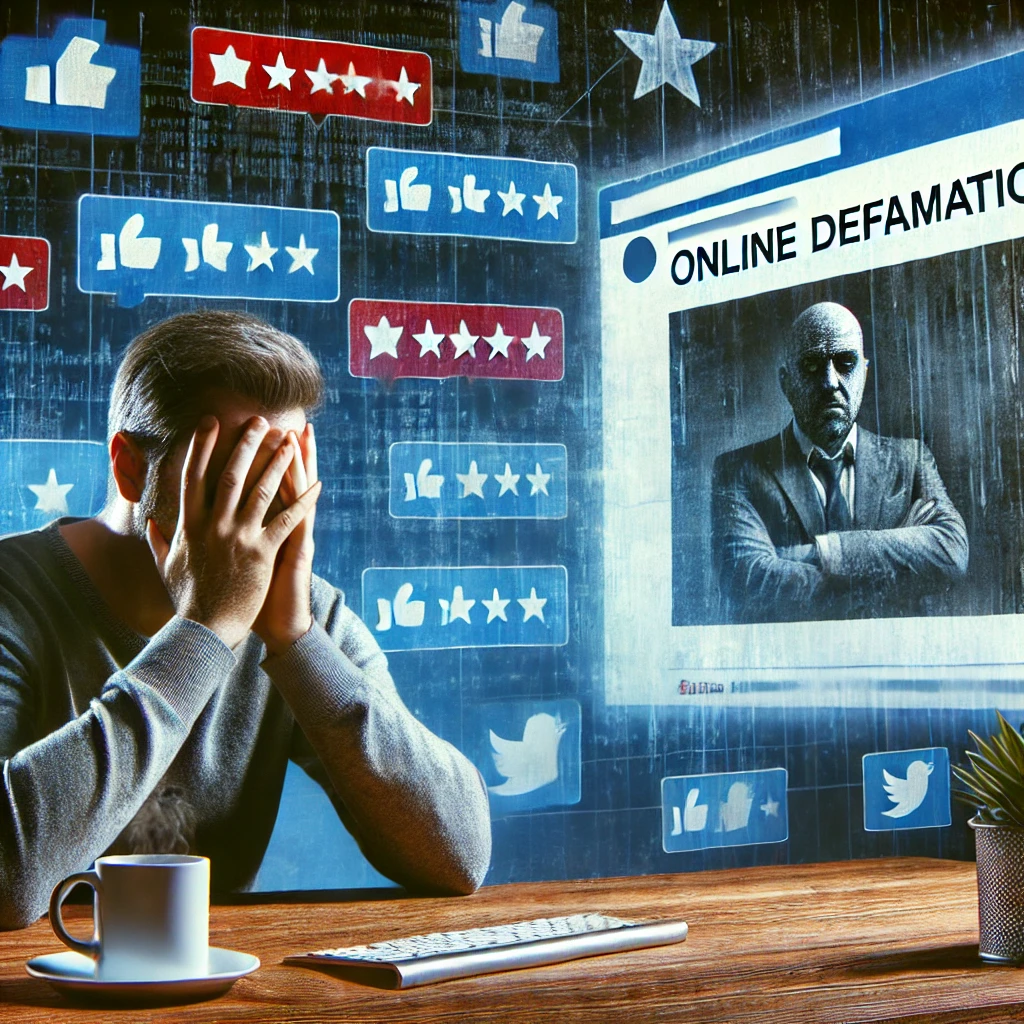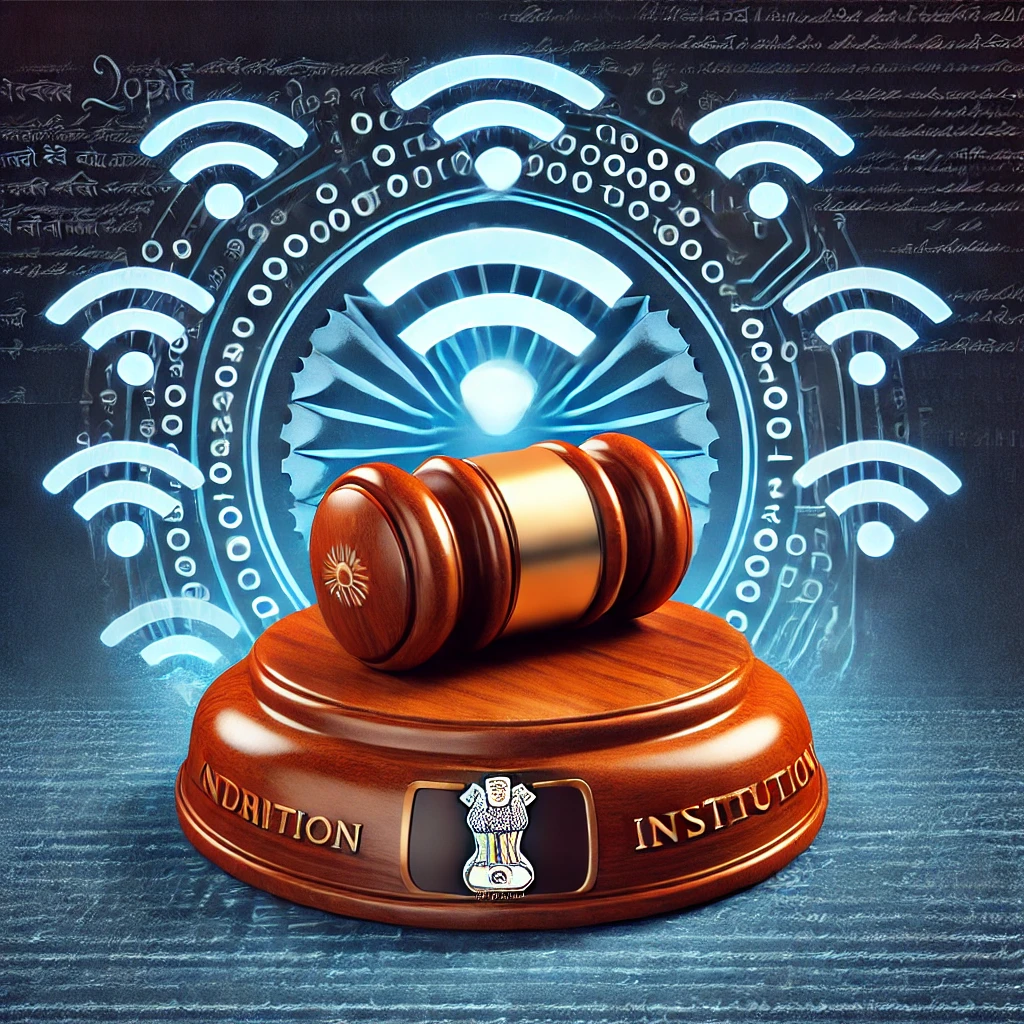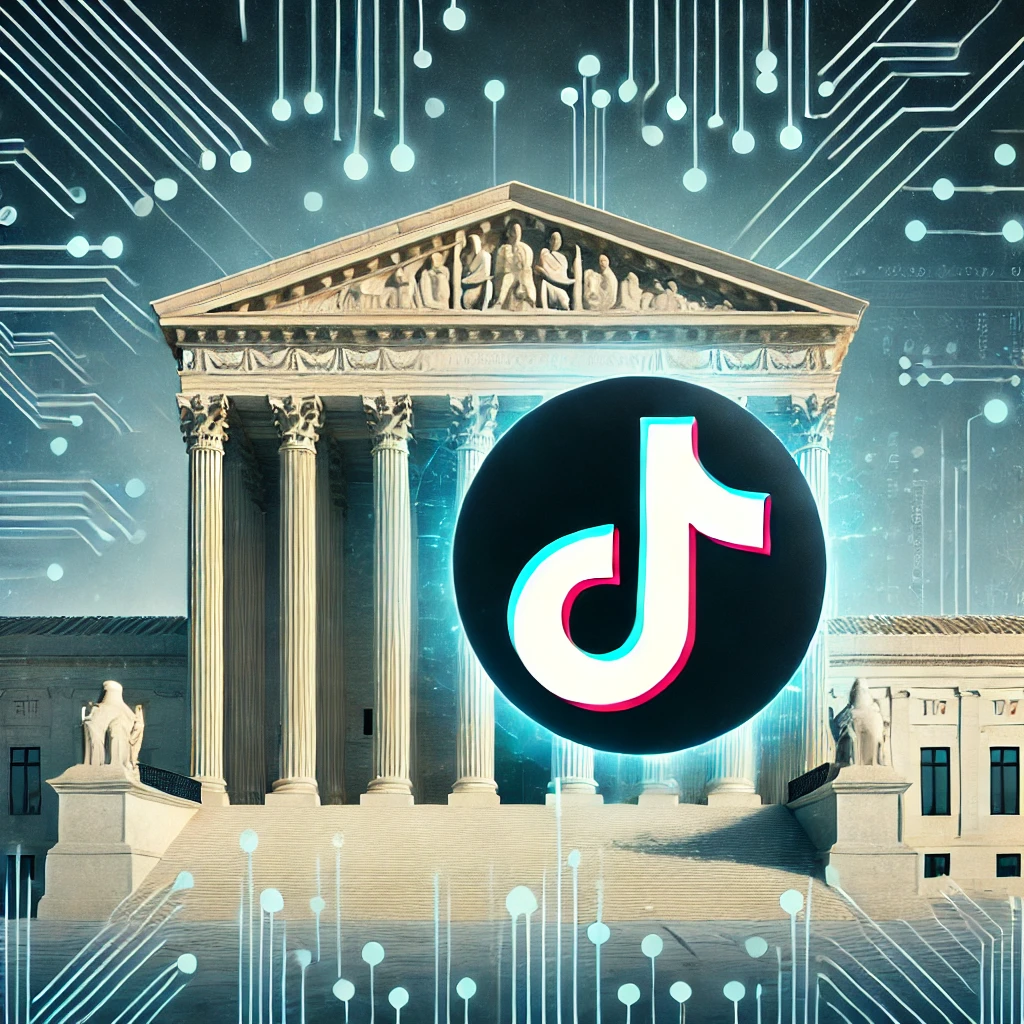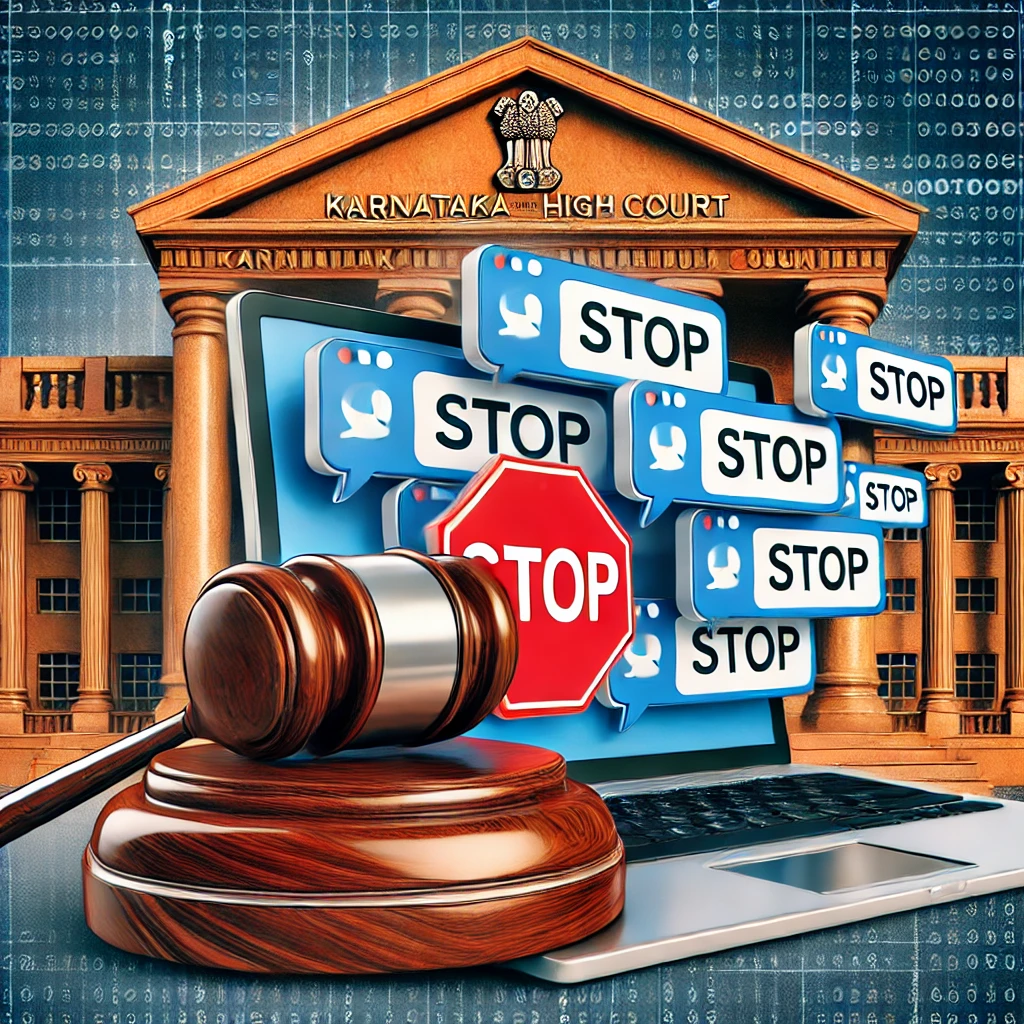Media laws at Sri Lanka
Sri Lanka's media laws have undergone significant changes in recent years, with a notable shift towards regulating online content. Here's an overview of the current legal landscape:
🧾 Online Safety Act (2024)
In January 2024, Sri Lanka's Parliament passed the Online Safety Act, a comprehensive legislation aimed at regulating online content The Act establishes an Online Safety Commission, appointed by the President, with the authority to
-Define and prohibit certain online statements deemed harmful or false -Direct internet service providers to remove such content -Pursue legal action against individuals or entities disseminating prohibited content Offenses under the Act carry penalties, including fines and imprisonment The government asserts that the law is necessary to combat online fraud, abuse, and threats to national security However, the Act has faced criticism from various quarters
Human Rights Organizations: Amnesty International has labelled the Act a "major blow to human rights in Sri Lanka," expressing concerns that it could be used to suppress dissent and restrict freedom of expression
Opposition Politicians: Critics argue that the law grants excessive powers to the government, potentially leading to censorship and the stifling of political opposition
International Community: The United States has expressed concerns that the law could jeopardize democratic values, economic growth, and investment in the digital economy.
📺 Traditional Media Regulation
Sri Lanka's traditional media landscape is governed by several laws and regulation:
Press Council Law Established in 1973, this law mandates the creation of a Press Council to oversee media ethics and resolve dispute.
Broadcasting Authority Act Regulates radio and television broadcasting, ensuring compliance with content standards and licensing requirement.
Defamation Laws Sri Lanka's legal framework includes provisions for defamation, allowing individuals to seek redress through civil court. In recent years, there have been discussions about amending these laws to better align with international standards and promote media freedom.
⚖️ Constitutional and International Framework
The Constitution of Sri Lanka guarantees freedom of speech and expression under Article 14(1)(a. However, this right is subject to restrictions in the interests of national security, public order, and morality. Sri Lanka is also a signatory to international human rights treaties, including the International Covenant on Civil and Political Rights (ICCPR), which upholds the right to freedom of expression. Critics argue that the Online Safety Act may conflict with this international commitment.
✅ Summary
Sri Lanka's media laws have evolved to address the challenges posed by the digital ag. While the Online Safety Act aims to regulate online content and combat cybercrimes, it has raised concerns about potential overreach and the impact on freedom of expression. The government maintains that the law is necessary for national security and public order, but ongoing debates highlight the need for a balanced approach that protects both security and fundamental right.




















0 comments